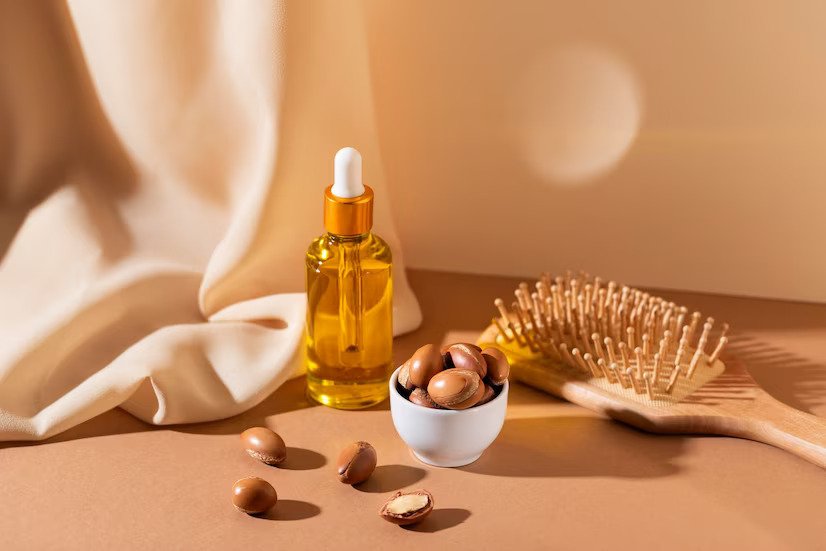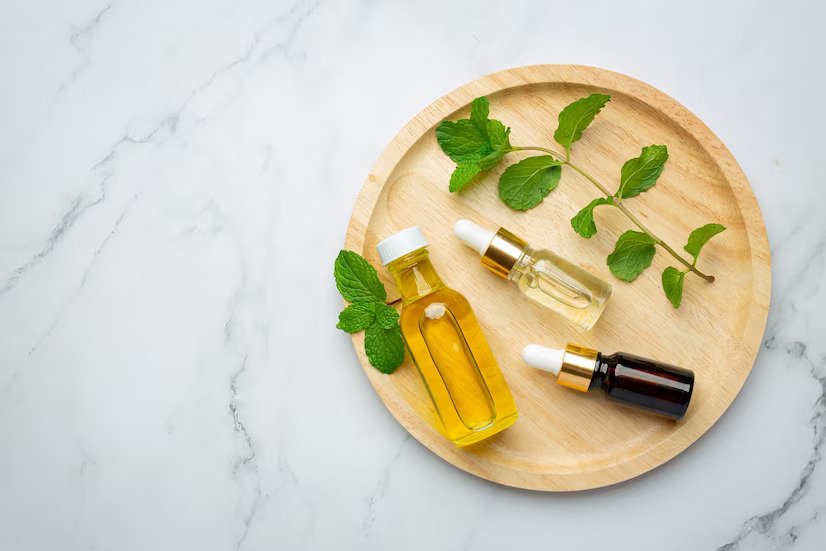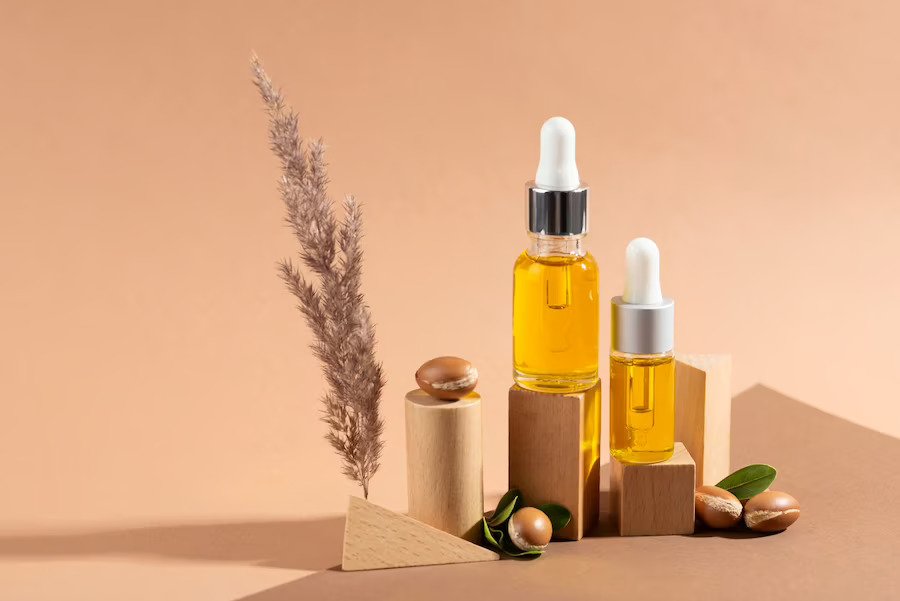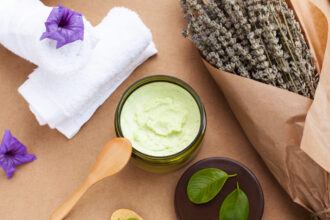Wellhealthorganic.com: Diet-for-excellent-skin-care-oil-is-an-essential-ingredient
- 1 Wellhealthorganic.com:diet-for-excellent-skin-care-oil-is-an-essential-ingredient: Why Is Oil Important?
- 1.1 Fatty Acids
- 1.2 Antioxidants
- 1.3 Water
- 1.4 Regeneration and Restoration
- 1.5 Anti-inflammatory and Anti-microbial Qualities
- 2 When it comes to skin, what are the advantages of consuming oil?
Nutritional intake is equally as crucial as a topical application for skin care. A nutritious, well-rounded diet is more important for glowing, healthy skin. Oils, including some of these nutrients, have received much attention recently because of their positive effects on skin health. Acquaint yourself with many facets of wwellhealthorganic.com:diet-for-excellent-skin-care-oil-is-an-essential-ingredient. This article will focus on the advantages of oil consumption and the best practices for incorporating oils into daily meals.
Wellhealthorganic.com:diet-for-excellent-skin-care-oil-is-an-essential-ingredient: Why Is Oil Important?
Fatty Acids
Omega-3 and omega-6 fatty acids, two types of EFAs, can be found in vegetable and fish oils. These EFAs are essential for skin health since they are used to construct cell membranes and aid in the skin’s protective barrier function. Because the skin is better able to retain moisture and defend itself from environmental aggressors, its suppleness and resilience are enhanced. In addition, the anti-inflammatory characteristics of EFAs make them helpful in calming and reducing redness caused by disorders, including eczema, psoriasis, and acne.
Antioxidants
Oils extracted from plants, such as olive, avocado, and grapeseed, are exceptionally high in antioxidants like vitamin E, polyphenols, and carotenoids. Antioxidants shield the skin from free radicals, which can cause accelerated ageing and a lacklustre appearance if left unchecked. Repairing damage already done is another way antioxidants help you seem younger and healthier. Additionally, the antioxidants in oils can act as a photoprotective barrier, preventing sun damage to the skin.
Water
The skin relies heavily on oils to help it retain its natural moisture and prevent dryness. Oils form a barrier on the skin’s surface that keeps water in. Therefore, they can be used to treat dry skin. People of advanced age and those who live in harsh or dry climates benefit most from this. Oils can help the skin’s natural lipid barrier do its job, which includes keeping in moisture and preventing dryness.
Also read – Wellhealthorganic.Com: पाचन तंत्र को बेहतर बनाने के सरल उपाय हिंदी में
Regeneration and Restoration
Oils rich in vitamins, fatty acids, and other bioactive substances, such as rosehip, argan, and tamanu oil, have been demonstrated to encourage skin regeneration and repair. By aiding the skin’s natural healing process and stimulating the formation of new, healthy cells, these oils can help improve the look of scars, stretch marks, and uneven skin tone.
Anti-inflammatory and Anti-microbial Qualities
Oils with antimicrobial and anti-inflammatory qualities help treat and prevent many skin diseases. Coconut oil, for instance, is commonly used to treat eczema and dermatitis, and tea tree oil is well-known for killing the germs that cause acne.
When it comes to skin, what are the advantages of consuming oil?
Consuming oil has been shown to improve skin health in several ways. Among the advantages are:
Hydration of the skin is aided by oil
The skin relies on a lipid barrier to keep its cells together and maintain its moisture and defences. A compromised lipid barrier can result in dry, itchy, and chapped skin. Oil consumption has been linked to improved lipid barrier function and hydration.
Also Read – Wellhealthorganic.Com:10-Benefits-Of-Eating-Roasted-Gram
When applied to the skin, oil blocks the sun’s ultraviolet radiation
Premature ageing, wrinkles, and even skin cancer can result from exposure to the sun’s ultraviolet (UV) radiation. Oil eaten by the body can act as a shield against the sun’s rays.
Inflammation can be decreased by using oil.
When an injury occurs, the body triggers a natural healing process known as inflammation. However, persistent inflammation can weaken the skin’s protective barrier, leading to conditions like acne, eczema, and psoriasis. Oil consumption has been linked to reduced systemic inflammation, which has been shown to benefit skin health.
Oil aids in maintaining the skin’s youthful glow
Oil consumption has been linked to improved skin health and a more youthful appearance by minimizing the appearance of fine lines, wrinkles, and age spots.
Incorporating oils into your skincare routine and ingesting them can significantly impact the health and appearance of your skin. You can achieve the attractive, healthy skin you’ve always desired by using the correct oils for your skin type and consuming a balanced diet rich in healthy lipids, antioxidants, and water.
Also Read – Wellhealthorganic.Com: Winter Skin Care Tips Home Remedies To Keep Your Skin Moisturised
FAQs
What Are The Amazing Effects of an Organic Diet on Your Skin?
The skin benefits greatly from eating an organic diet. You may fuel your body and achieve a healthy complexion by replacing processed foods with organic fruits, veggies, and whole grains. You may nourish your skin from the inside out by including the oil in your diet.
How To Optimize Your Skin Care Routine for the Best Results?
External and internal elements should both be considered for optimal skin care. You may have a healthy glow from the inside out by eating more organic foods, staying hydrated, and utilizing good quality skin care products.
What is the perfect amount of oil that should be used?
The amount of oil you need to consume for healthy skin is condition-specific. But try to get at least two to three tablespoons of oil into your daily diet. Oil is versatile enough to be used both in cooking and as a topical lotion.



















